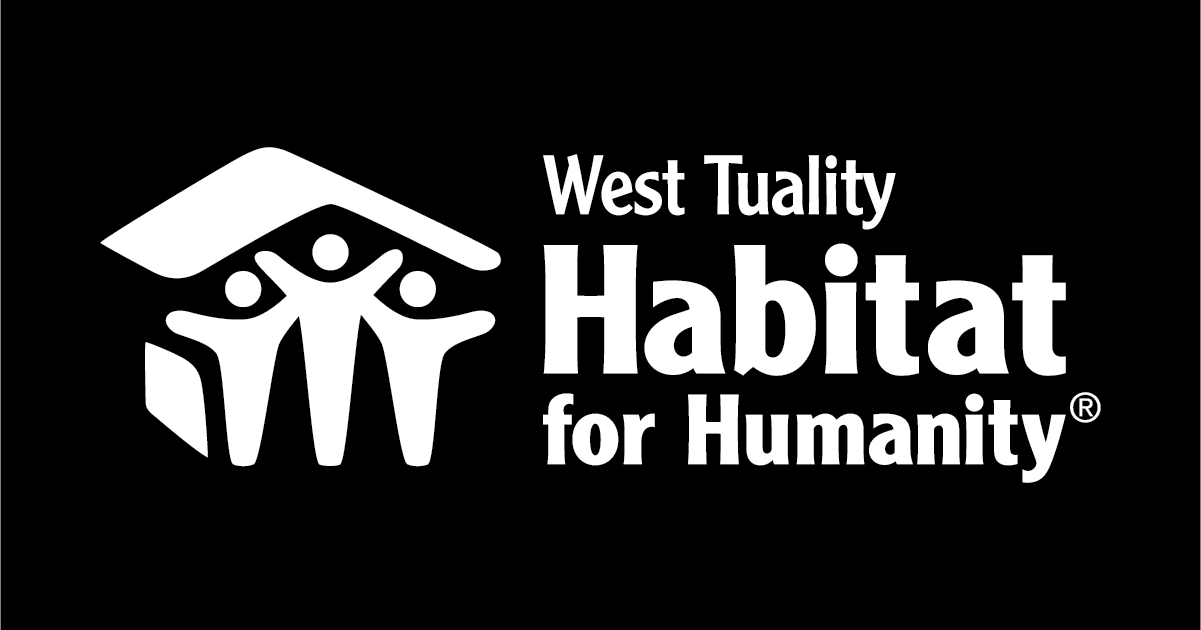
becoming mortgage-ready
There are a number of things that you can do to put your best foot forward when applying for a mortgage. Here are a few steps to get you closer to homeownership.
1. Have a Steady Source of Income
It can be wages, self-employment income, SSI, SSDI, or pension benefits. In some cases, you may also be able to count reliable child support or alimony as income for purchasing a home. Your lender is unlikely to include income such as unemployment compensation, which has a limited duration, to qualify for a mortgage.
Why it Matters:
Lenders want to see that you will be able to make payments going forward.
2. Limit Debt Payments to 10% of Income
Try to limit your monthly debt payments to no more than 10% of your monthly income. You can calculate it with a debt to income ratio calculator.
Why it Matters:
For an affordable mortgage, we recommend that no more than 30% of your income goes to the mortgage, and no more than 43% of your income goes to all your debt, including your mortgage. That means that the most your non-mortgage debt can be and still qualify for an affordable mortgage, is 13%. But it’s not a good idea to go into a mortgage when you are maxed out on your credit. That’s why we recommend that you have no more than 10% of your income devoted to non-mortgage debt.
3. Get Your Credit Score to 640 or Higher
If you've never had credit before, your lender might accept alternate credit. This is based on your history of paying expenses on time, such as rent, insurance, phone services, and so on. If you have credit, a credit score of 640 or better will help expedite your application. Recent judgements, liens, or being a co-signer on other people's loans could make it harder for you to qualify for a mortgage.
Here’s some information to help you understand how to do that: 12 Ways to Fix Your Credit Score
Why it Matters:
Most lenders require a credit score of 640 or better to qualify for a mortgage loan.
4. Have Money in Savings
You should have some savings, but you may not need as much as you might think. Most financial experts recommend that you have enough money in your emergency savings account to last you for at least 3 months. That is, if you spend $2,000 per month, then you should have at least three times that, or $6,000 in your emergency savings account. If you are purchasing a home, you will also want additional savings to cover closing and down-payment costs.
If you are a low-income buyer, you may qualify for a matched savings account or down-payment assistance. You can find additional information about matched savings accounts and down payment assistance. Some lenders, especially those who work with low-income and first-time homebuyers, will finance the entire purchase with no requirement for any down-payment. If you participate in a Habitat for Humanity program, we will help you locate and apply for matched savings and down-payment assistance.
Why it Matters:
Having money in savings will help you cover unexpected or unusual expenses as they arise.
5. Educate Yourself
You can take a first-time-homebuyers class. This will help you gain an understanding of how the home-buying process works. There are several nearby agencies who offer homebuyer education and counseling.
Why it Matters:
Knowing how the process works can help you address any potential issues and prevent any surprises.






